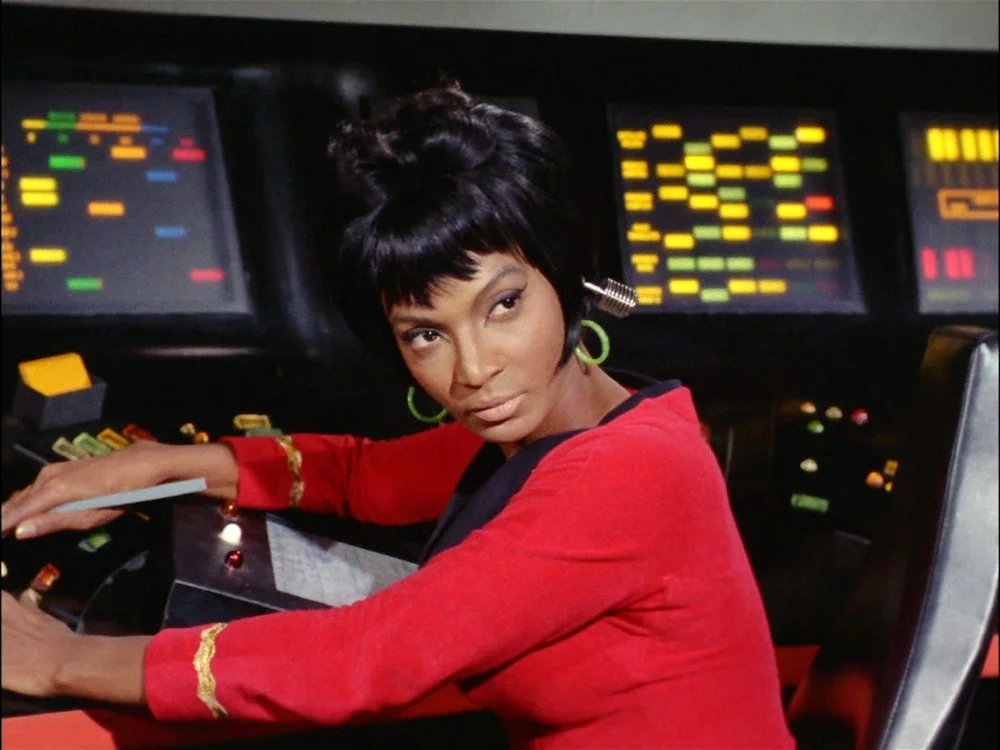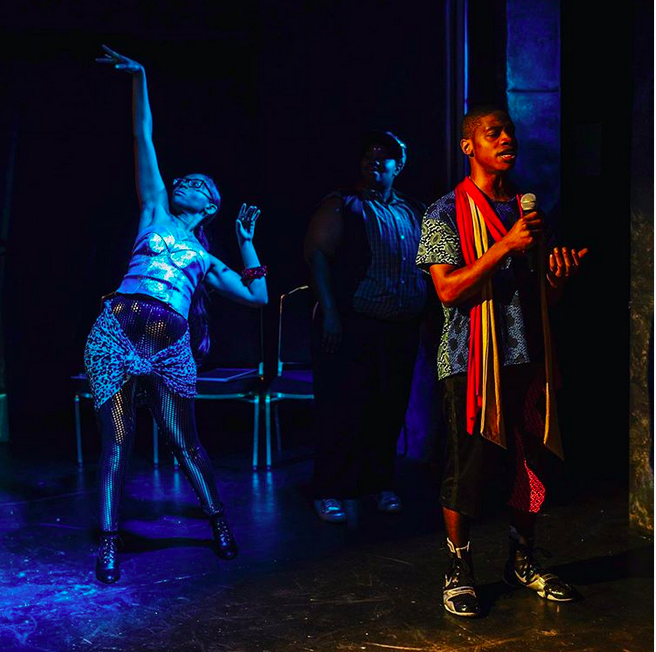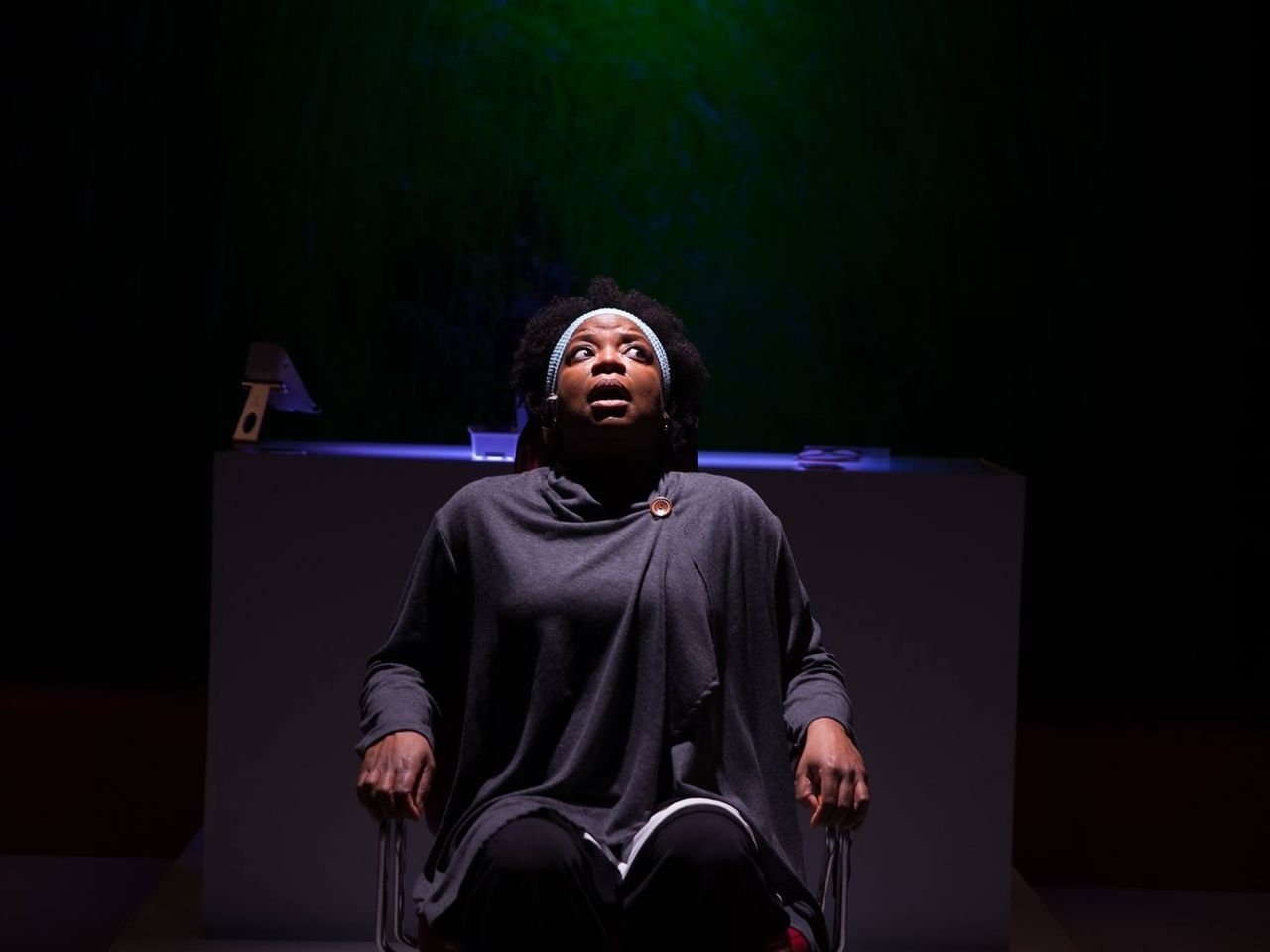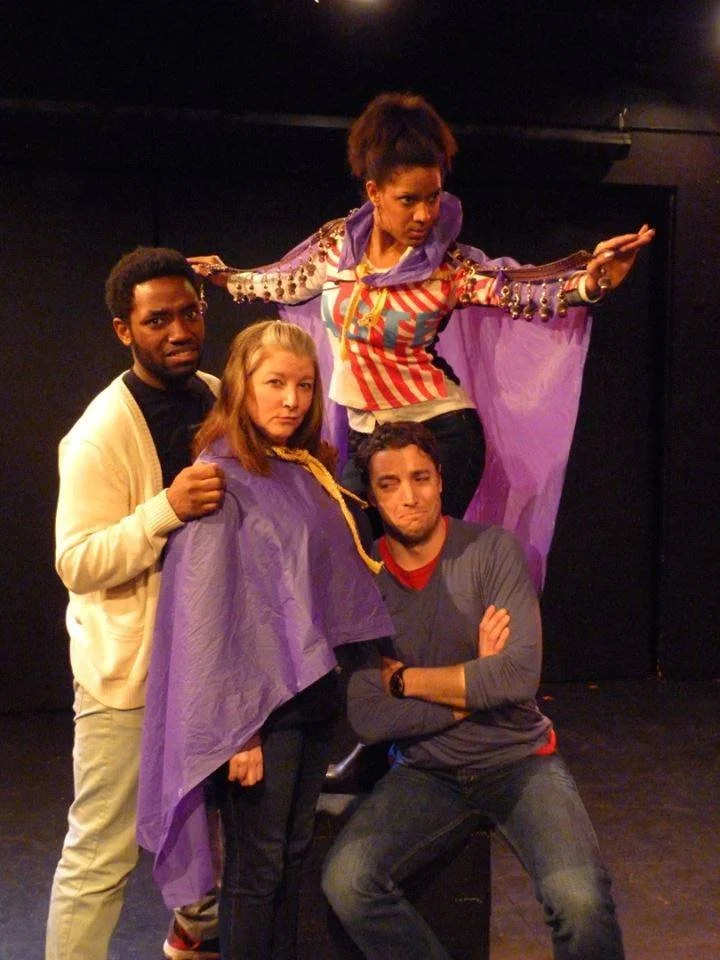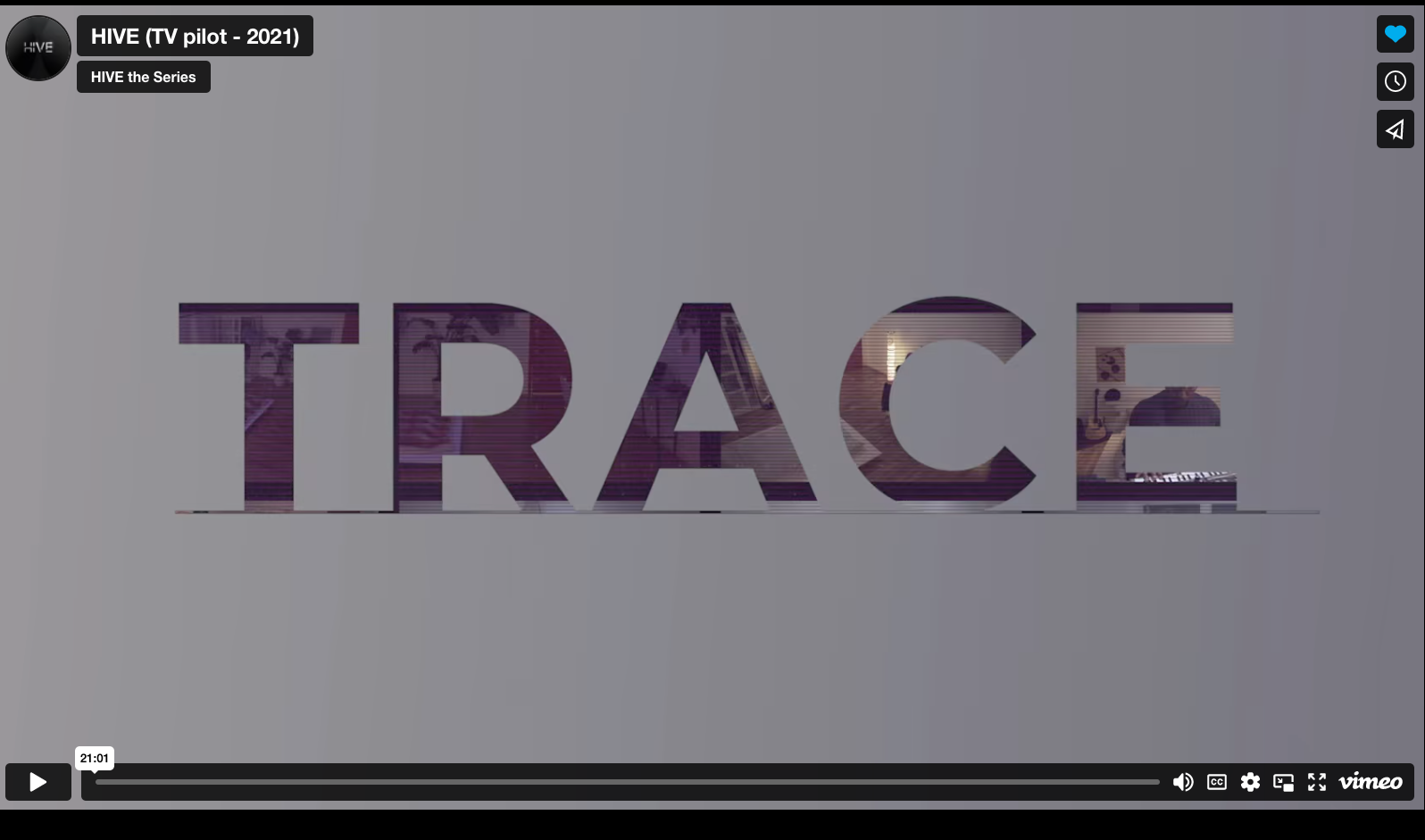Reflections on Afrofuturism(s)
Images from Black Panther Wakanda Forever, Neptune Frost and Before Yesterday We Could Fly, three recent examples of Afrofuturism…
I’m taking a moment to reflect.
On Afrofuturism. Or perhaps more accurately Afrofuturisms.
I think there’s more than one now. That’s because I keep finding myself in conversations about my work, and whether or not Afrofuturism is what is happening with projects like:
The TV Adaptation of Octavia Butler’s Kindred, developed by Brandon Jacobs-Jenkins
Neptune Frost - the film directed by Saul Williams and Anisia Uzeyman (and Williams’ MartyrLoserKing companion album)
Mr. Nancy’s arc in Neil Gaiman’s American Gods
Museum Exhibitions:
The Smithsonian National Museum of African-American History and Culture’s A History of Black Futures, curated by Kevin Straight
Metropolitan Museum of Art’s– Before Yesterday We Could Fly: an Afrofuturist Period Room, curated by Hannah Beachler and Michelle Commander
Just to name a few recent examples.
I do not think any one person can define Afrofuturism with authority. However, it’s worth noting that the touchstones I think of for Afrofuturism – the work of Sun Ra, Parliament Funkadelic, Nichelle Nichols as Uhura on Star Trek, Samuel Delany’s expansive sci-fi intervention, Grace Jones and the more future-facing works of Octavia Butler (although Kindred is looking back) – all of these examples are grounded in the 20th Century.
Nichelle Nichols (rest in peace) as Uhura on Star Trek The Original Series (Photo by CBS via Getty Images).
Popular culture of prior eras was prone to ignore or erase the presence of Black peoples in visions of tomorrow. So it was, at the time, quite a radical act to offer narratives that dared to imagine futures for us anyway.
This coincides with the American desire to see itself as a melting pot, with its diversity as an asset to serve the greatest good. Of course, the opposite is also quite true. There remains a tension within American Identity that seeks to minimize difference (I don’t see color; we all bleed red). There’s also the other impulse that prefers to eliminate difference, rather than co-exist with it.
Afrofuturism has endured and found form through these cultural tensions. And I think it’s important to note, back then, the 21st Century WAS the future.
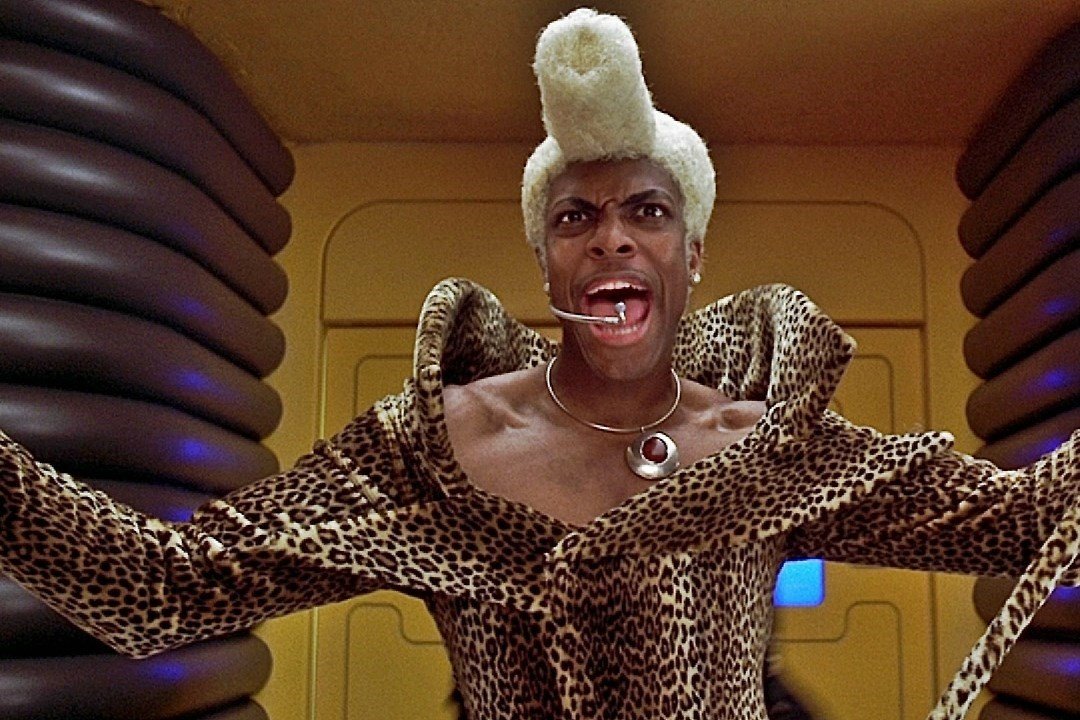
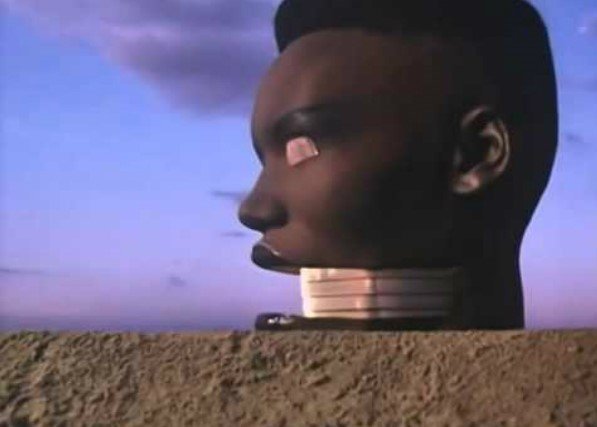
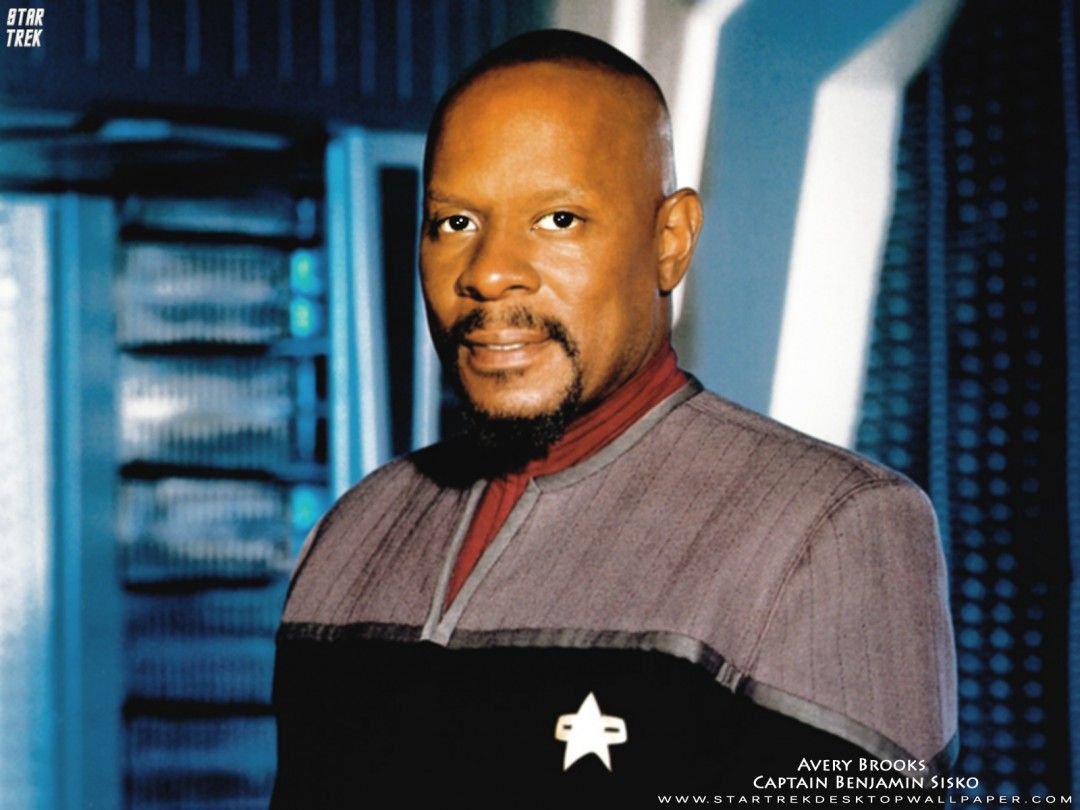
***
But we’re here now. The context is different. The meaning within the frame is different. And when I think of my own work in relation to this term, I find myself seeking definition that is rooted in more than Black visibility.
Does Afrofuturism require Black creative control? Does Afrofuturism live exclusively in culture - film, tv, literature, art, music? Does Afrofuturism have to be helpful?
I propose a 21st century definition of Afrofuturism anchored in visions of futures for Black Community --
Black Peoples
Black Culture (including philosophy and economic thought)
Black Family (including chosen family, and non-Black kinship)
Black Complexity
Black Contradiction
Black Agency
And using that sort of definition, I find my work straddles a line.
Tia Pinson, Dann R. Lynch and Donovan Session performing in the 2019 concert production of Bring the Beat Back, directed by Christopher Burris @ Otherworld Theatre Company — photo by INDie Grant Productions
Is Bring the Beat Back an Afrofurist project?
I’d say yes. A sci-fi house-funk-soul coming-of-age story for a boy torn between a Black, explicitly homophobic religion and an ostentatious queer-of-color underground – I’d say that’s Afrofuturist AF.
Abigail Ramsay in Serious Adverse Effects, directed by Mary Hodges at The National Black Theatre (photo by Garlia Cornelia Jones).
Serious Adverse Effects follows an unconventional scientist on the cusp of a cure for a mysterious disease. It’s got thriller afrofuturist vibes.
And there’s a cyberspace trickster twist in This App is Not the Business, a way in to my own theatrical explorations of Anansi Spiderbrother.
So I have quite a few projects that fit in this frame.
But my most produced play – Citizen Jane – doesn’t fit as easily.
With Citizen Jane, we have a super-hero character ready to quit her job. There are definitely ways to lean into the subtext and render an Afro-futurist treatment.
And it works wonderfully when Citizen Jane is played by a Black woman, but that’s not the only way to do that play. It’s black sci-fi; it’s a black writer’s take on comic book tropes and gender dynamics. But I’d stop there.
Another example. With HIVE, I co-created a near future world that has plenty of black folks, but the proof-of-concept I wrote and co-produced for that one isn’t really engaging with the Black Experience much at all.
Not everything I do fits even my own definition of the term. That’s just the truth of it. And I have to say this doesn’t bother me. I don’t think Black art has to fit into this frame to be helpful or forward-facing.
I’ll keep thinking on this. Please let me know your thoughts.
Further Reading/Resource:
Octavia’s Brood Science Fiction Stories from Social Justice Movements
Samuel Delany: Grandmaster of Afrofuturism
DUST Sci Fi Digital Series: Afrofuturism
Yearning for Wakanda: A Pop Culture Collaborative Syllabus
Afrofuturism The World of Black Sci-Fi and Fantasy Culture, by Ytasha Womack
Afrofuturist Design: from Ancient Dogon to Wakandan Futures
Nnedi Orokafor’s Africanfuturism
Obsidian Literature & Arts in the African Diaspora 42.1 and 42.2
1994: The term is coined by Mark Dery in Conversation with Greg Tate, Samuel Delany and Tricia Rose.

